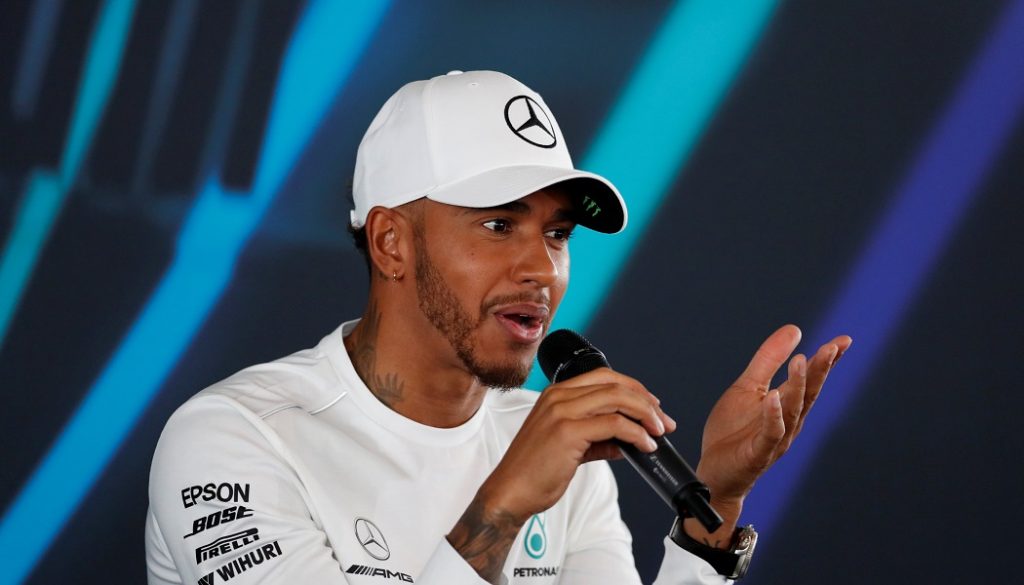Digital Café: How Lockdown May Change Social Media Communications In Sport
June 16, 2020
In the Digital Café this week, we sit down to discuss how social media in a time of lockdown might shape the future of communications. Will the medium really now shape the message?
No Filter
Something which is going to be interesting to monitor as sport gets back to business is what has changed once the enforced closed season is over. While “the new normal” was born, post-Covid, what will we have become used to in the world of digital and social in sport?
One prediction is there will be a realignment of the relationship between an athlete and their PR departments. A couple of cases have highlighted that in lockdown the connection between sportspeople and their audience (not necessarily their fans) has strengthened and that social media now merrily skips the filter Comms and PR usually provide, sometimes for good, sometimes, well…
When soccer player Clevid Dikamona took to Twitter back in March to make a statement regarding his future at Hearts he prefaced it with “Before someone distorts reality…”. An indication he was keen to ensure the the statement and his sentiments were his own words, rather than have anyone spin the story for him.
He later confirmed his departure with a second post https://www.edinburghlive.co.uk/sport/football/clevid-dikamona-confirms-hearts-exit-18338254. The interesting thing about the second post (below) was, not only was it pretty emotional for an au revoir, but it also read the tone of the supporters and the replies were nigh-on universally positive.
before someone else distorts reality … pic.twitter.com/LntjS4IxdF
— dikamona clevid (@DikamonaClevid) March 20, 2020
Contrast that with the communications situation just a few years back and firstly there would not have been the access to publicity without third party media and secondly sportspeople would be seen and, for the most part, not heard.
The second example was Lewis Hamilton calling out his whole sport on Instagram. Pundits and fans often bemoan the bland responses of rigorously media-trained drivers who aren’t keen on voicing their opinions – the heady time of James Hunt not holding back are cited as the good old days.
But Lewis took matters into his own hands over the recent events in the US and the ensuing Black Lives Matter protests. He reprimanded the whole sport on Instagram https://www.instagram.com/lewishamilton/, and asked why people were silent. This prompted responses from several other drivers and also brought media and commentators’ attention to bear. It was a move which the multiple world champion had the confidence, and arguably the authority to do, but social media gave him the means to voice his message loud, clear and unfiltered.
If, as Marshall McLuhan famously said, the Medium is the Message https://medium.com/@obtaineudaimonia/the-medium-is-the-message-by-marshall-mcluhan-8b5d0a9d426b, then social media has put sportspeople right back in touch with the fans.
During the turbulent first half of 2020, at a time when sport has been put on hold more and more drivers, players and athletes have had the time to hone their messages on a medium which has been available for some time, but is right now coming into its own.
What will be interesting will be to see how teams, sports and even federations attempt to shape those messages and whether (or not) there will be a realignment of that relationship between the comms and PR teams who once held sole power over the message published and their athletes and teams.
…Because there will have to be some alignment – or education – to avoid situations where it’s not only you, but your family’s social media that detrimentally affects your career. Such as Serbian winger Aleksandar Katai’s decision to leave LA Galaxy after inappropriate posts by his wife on Instagram. https://www.nbcnews.com/news/sports/la-galaxy-release-serbian-soccer-star-aleksander-katai-over-wife-n1226601

